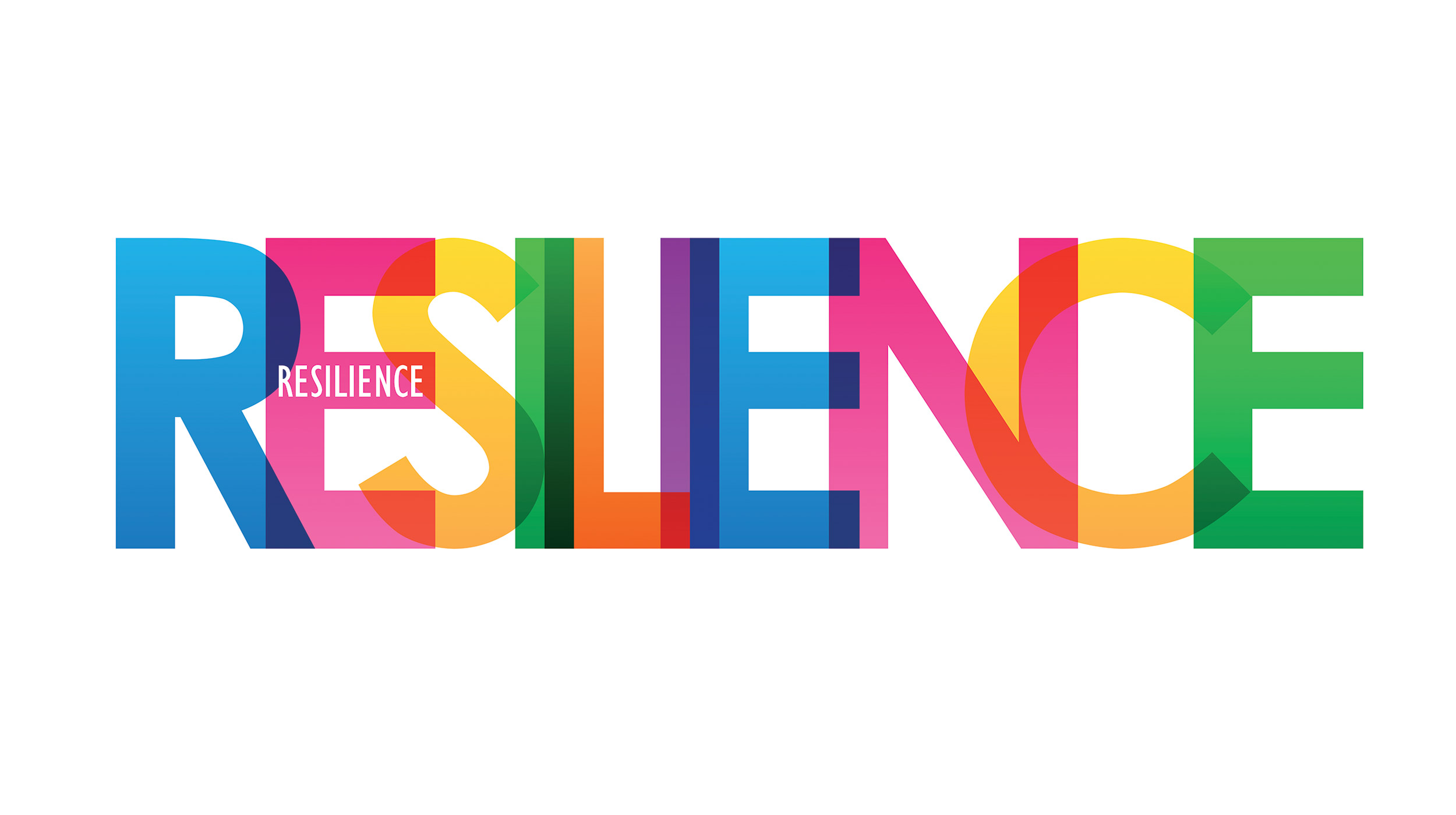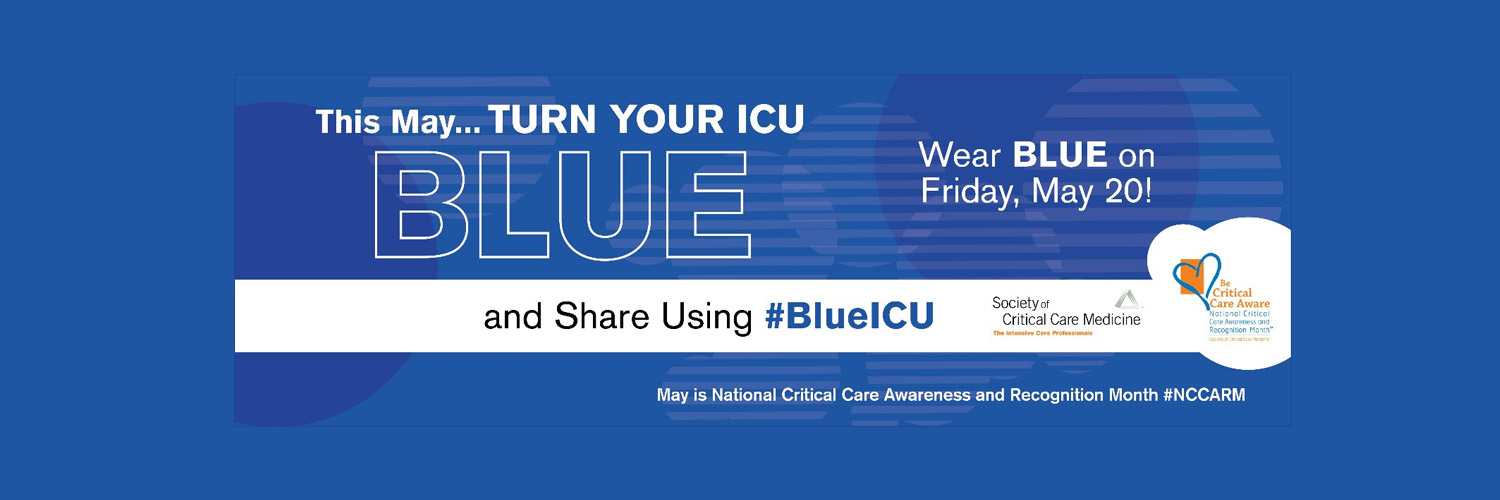
Nurses serve a crucial link between patients and doctors and provide specialized care to individuals often in their greatest need.
Especially in intensive care units, nurses are often caring for patients with poor chances of survival and are faced with trauma not experienced by peers in other departments. Combine the high emotional toll with increased workloads and limited availability of coping resources, and burnout rates inevitably rise.
Unfortunately, interventions to help prevent burnout often do not occur until after nurses have already experienced it, according to a study in the International Journal of Africa Nursing Sciences. The authors conducted a scoping review of 11 articles (published between 2015 and 2021) that address nurse burnout and resiliency. Several factors contribute to mitigating the effects of burnout among critical care nurses, the review concluded, and resiliency was found to be a buffer against burnout in high-stress critical care settings.
The American Nursing Association designated May 6 through May 12 as National Nurse’s Week in 1994. The week starts with National Nurse’s Day and ends on Florence Nightingale’s birthday. May is also Critical Care Awareness Month. As nurses play a large role in caring for critically ill patients, it’s fitting that the two awareness events overlap.
Burnout can be prevalent for critical care nurses confronting traumatic events and experiencing chronic stress at work. High nurse turnover rates that result from burnout contribute to critical care nurse shortages, only exacerbating the problem further.
Two other primary causes of burnout among nurses, according to the study, were increased workload — the World Health Organization recommends a one-for-one ratio for critical care nurses and patients — and increasing caseload complexity in critical care units.
But, as the study notes, resilience among nurses can help prevent burnout in difficult work environments. Three core concepts define resilience in this study:
Therapy and supporting skills and training were of greatest help to critical care nurses, the study authors determined. Incorporating mindfulness practices or meditation could also help critical care nurses cope with trauma during any given shift.
“The creation of supportive work environments by the management through policies and educating critical care nurses on resiliency are needed to plan and help prioritize actions which could help to retain nurses, address workplace stressors and increase patient safety and satisfaction,” the authors concluded.


